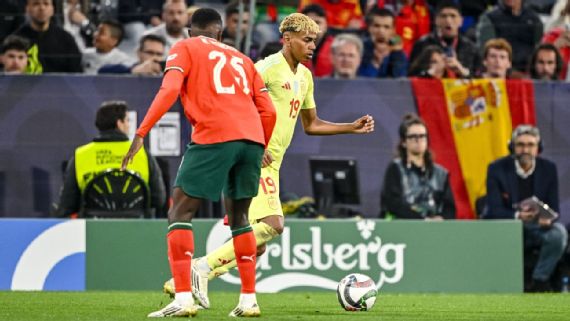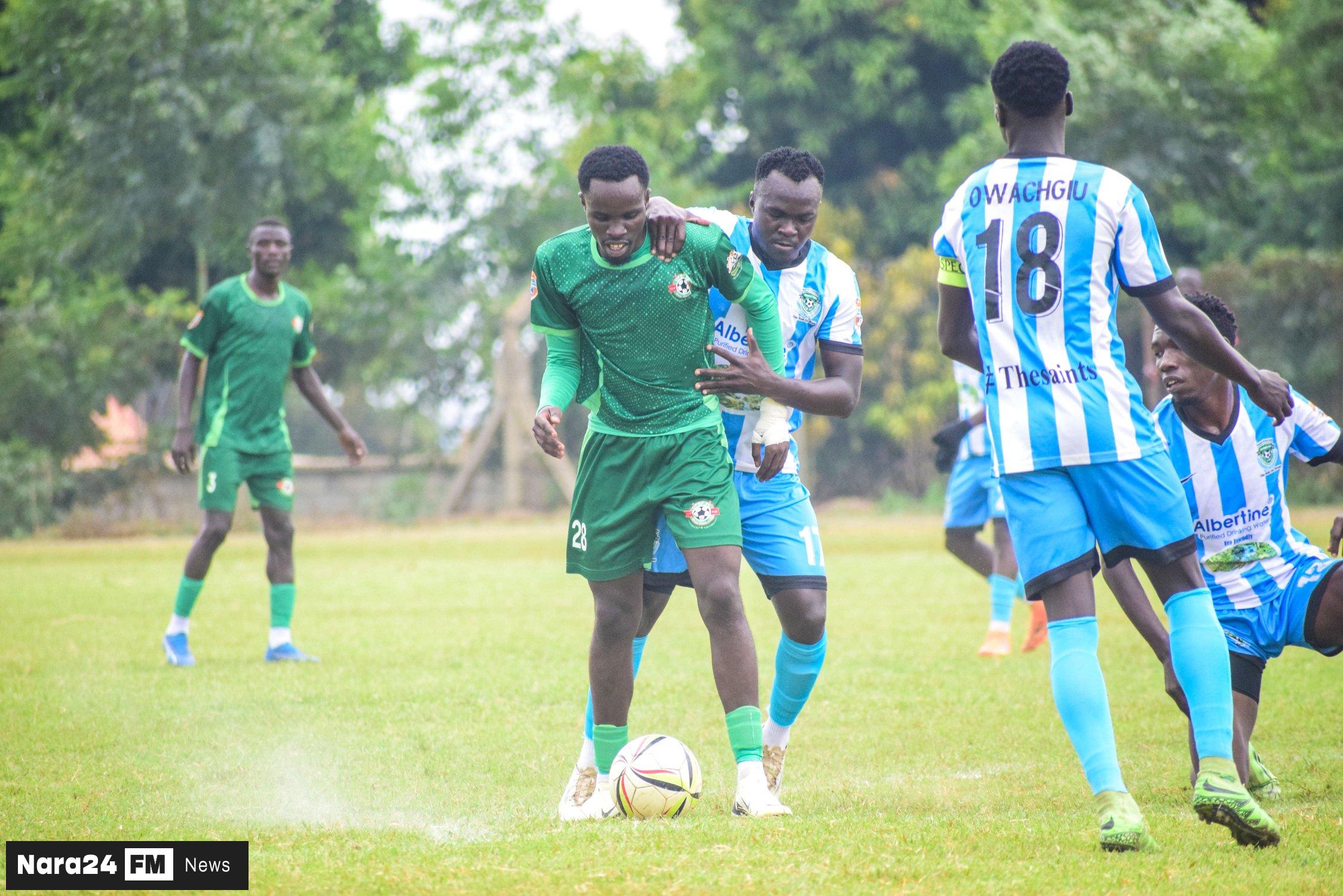Portuguese defender Nuno Mendes has detailed the tactical discipline behind his successful containment of Spanish sensation Lamine Yamal during their nations' critical encounter. The 22-year-old left-back, instrumental in Portugal's defensive setup, described neutralizing the teenager's threat as a meticulously executed assignment.
"Studying Yamal's movements was crucial," Mendes revealed in post-match analysis. "He thrives on unpredictability, so my focus was anticipating his patterns while denying space for those signature curved runs toward the box." The Paris Saint-Germain star emphasized how physical preparation complemented his psychological approach: "Against such explosive talent, you must win the mental battle first – stay patient, avoid diving in, and control the engagement rhythm."
The Prodigy Versus The Protector
The matchup pitted Europe's youngest-ever major tournament goalscorer against one of international football's most disciplined full-backs. Yamal's tournament statistics – four goal contributions in seven appearances – contrasted sharply with his unusually quiet performance against Portugal. Mendes' approach involved a hybrid defensive strategy: tight marking when Spain built attacks near the touchline, transitioning to zonal coverage during central transitions.
Analysts noted Mendes leveraged subtle positioning adjustments to nullify Yamal's danger zones. "Instead of engaging near midfield where Yamal prefers drawing fouls, I forced him toward congested areas where our center-backs could support," Mendes explained. This coordinated effort limited the 17-year-old to just 23 touches in Portugal's defensive third – his second-lowest involvement all tournament.
Broader Tactical Implications
Mendes' performance exemplified modern football's evolving defensive demands, where full-backs must combine athleticism with analytical acuity. "Contemporary wingers like Yamal require multidimensional solutions," noted tactical expert Clara Matos. "Mendes demonstrated how proactive positioning and selective pressing can neutralize apparently unstoppable talent without resorting to destructive fouling."
The confrontation carried psychological dimensions beyond technical execution. Mendes acknowledged the challenge: "Facing a phenom who plays without fear requires emotional discipline. I channeled respect for his talent into absolute concentration – one lapse and he'd change the match."
Beyond Individual Duel
While taking professional satisfaction in his individual performance, Mendes stressed collective priorities: "Our defensive structure functioned as an interconnected unit. Ruben Dias' communication and Danilo's coverage rotations created the framework for my direct engagement with Yamal." This cohesion proved vital as Portugal absorbed sustained Spanish pressure during critical second-half moments.
Yamal later acknowledged Mendes' effective approach: "Their defensive organization gave me minimal operating space. When opponents study your tendencies this thoroughly, it pushes you to develop new solutions." The mutual respect highlights how elite matchups drive tactical evolution at international level.
As both nations build toward future competitions, this duel offers valuable lessons in neutralizing emerging attacking threats through intelligent defensive craftsmanship – proving that calculated positioning can sometimes outweigh raw talent in football's highest-stakes encounters.








Comments (0)
Leave a Comment
Be the first to comment on this article!